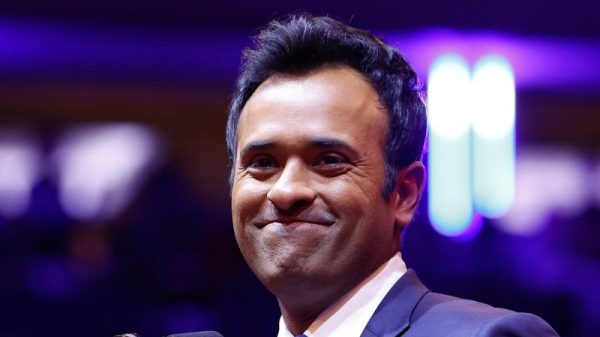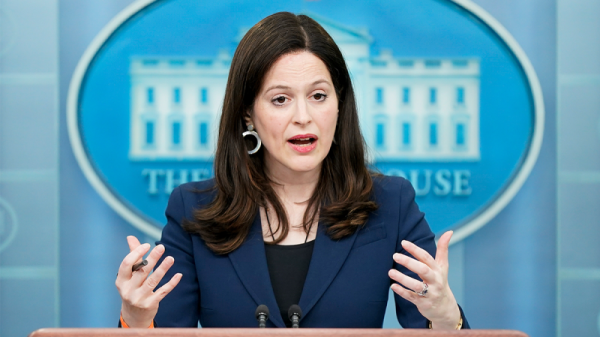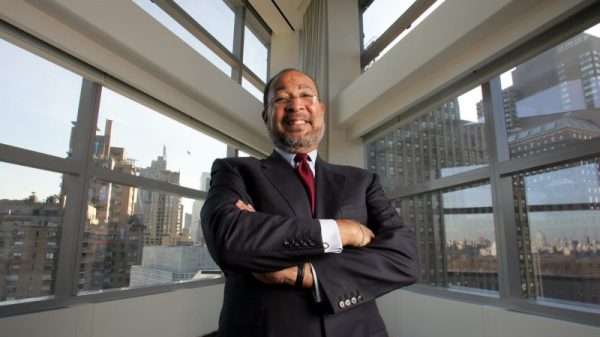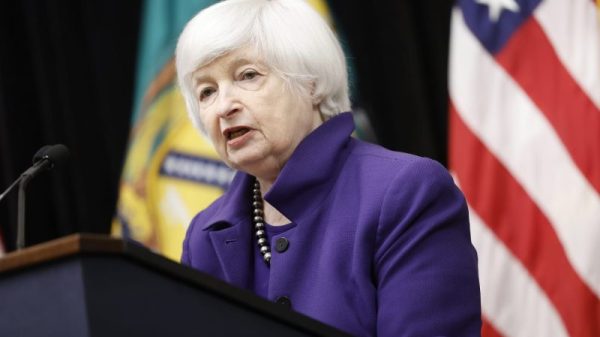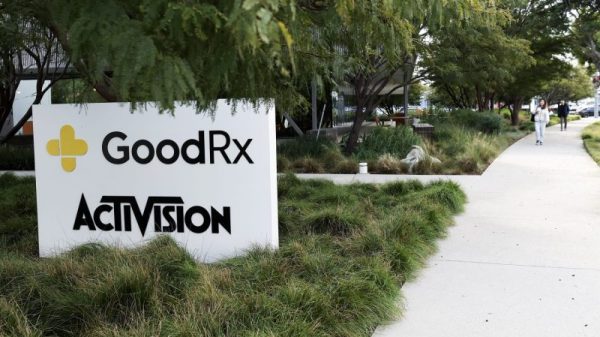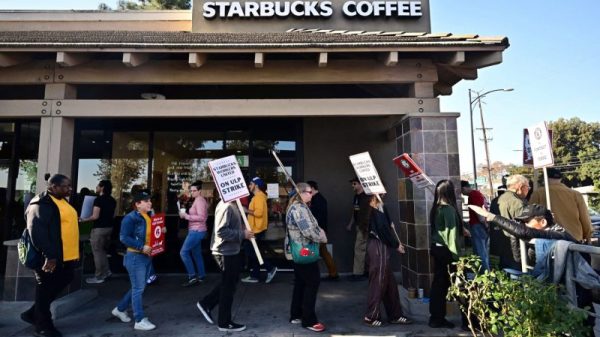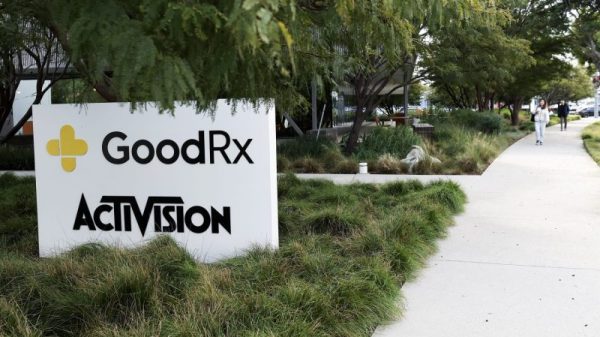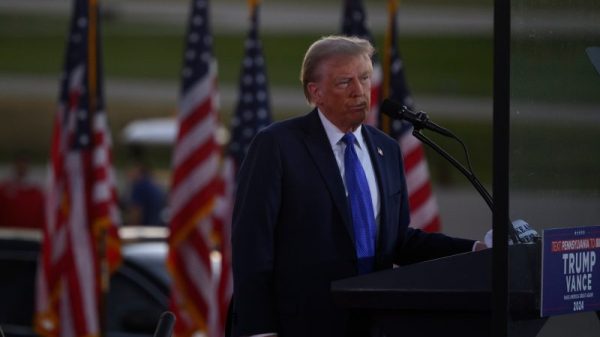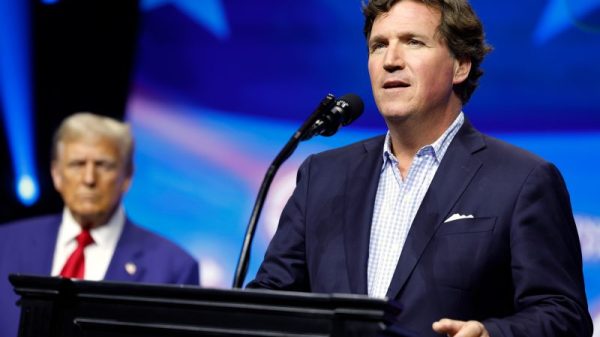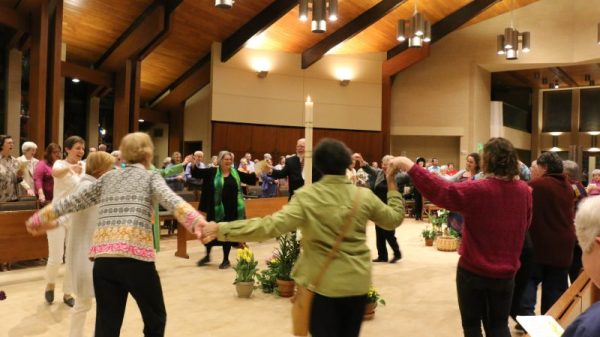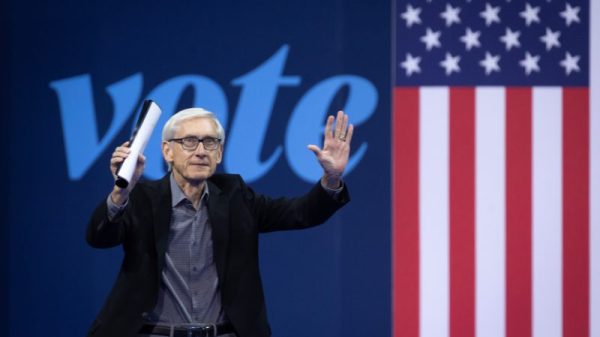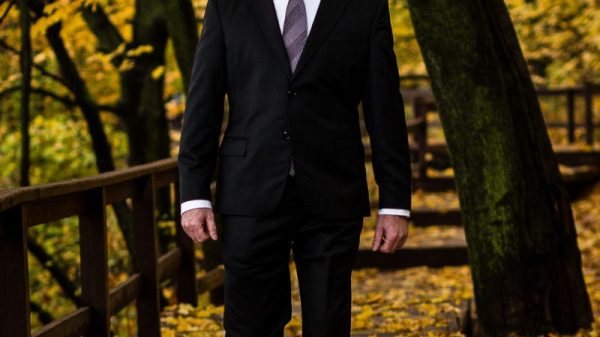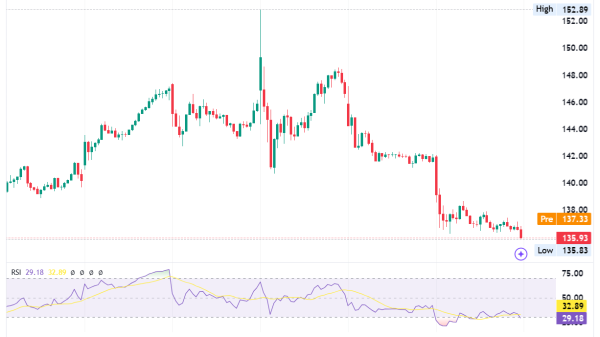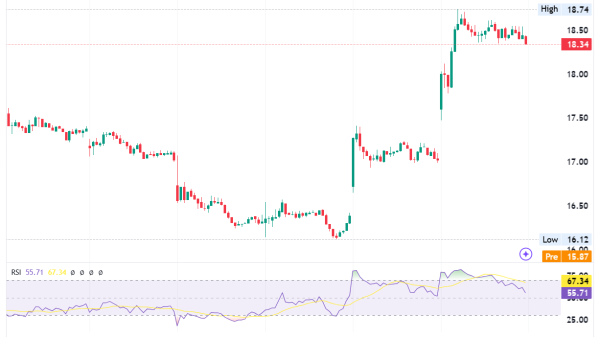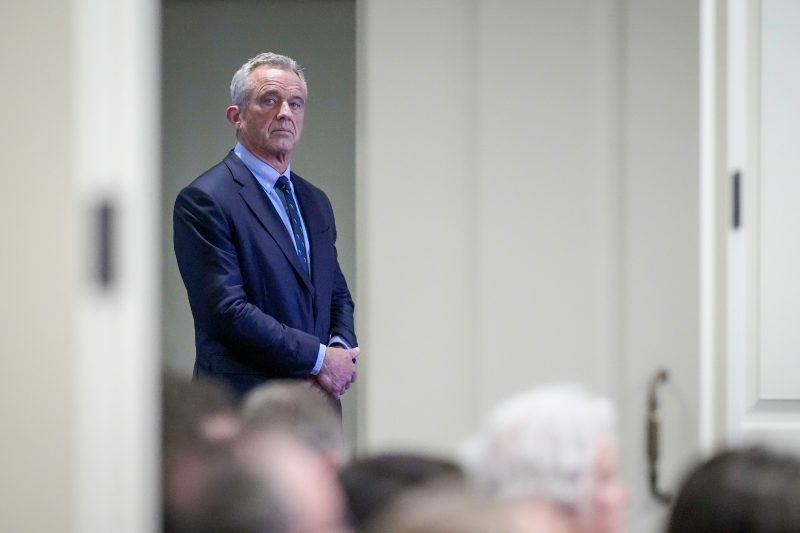PHOENIX — Independent presidential candidate Robert F. Kennedy Jr., who struggled to gain traction as a third-party insurgent, said he would suspend his long-shot White House bid Friday, withdraw from battleground states’ ballots and endorse Republican nominee Donald Trump.
Kennedy announced that he would suspend his campaign with several caveats, after several turbulent months of declining polling numbers, accumulating debt and reemerging controversies from his past. He said he would no longer campaign in critical states and withdraw his name from the ballot, but he would remain as an option for blue and red states to ensure he doesn’t spoil the election. Kennedy blamed the two-party system and unfair media coverage when explaining his decision to a room of reporters and hardcore supporters gathered Friday.
“In an honest system, I believe I would have won the election,” he said. “In my heart, I no longer believe that I have a realistic path for electoral victory in the face of this relentless, systematic censorship and media control.”
Kennedy, who appeared to wipe away tears, gave an emotional speech. He said he expected his name to be on the ballot in “most” states, but he said polling “showed that by standing on the ballot in the battleground states, I would likely hand the election over to the Democrats with whom I disagree on the most existential issues — censorship, war and chronic disease.”
His partial departure concludes what had initially appeared to be one of the most promising third-party presidential bids in modern history that had drawn disaffected voters to the scion of one of America’s most beloved Democratic families. But the bizarre, quixotic campaign was attacked by both major political parties, which feared that Kennedy could pull from their bases. It faced other major challenges and hiccups, as well.
Kennedy’s decision comes after days of speculation that he would step aside. In the past several weeks, Kennedy spoke with Trump about potentially supporting him and sought a conversation with Vice President Kamala Harris about a role in her possible future administration, a move the Democratic campaign rebuffed. Days ago, his running mate, Nicole Shanahan, publicly floated the idea of his departure from the race. And Trump, who once called him “the most radical left candidate,” has praised him in recent days.
“We just had a very nice endorsement from RFK,” Trump said at a campaign event Friday in Las Vegas. “We’re going to be talking about that … great guy, respected by everybody.”
Kennedy — the nephew of President John F. Kennedy and the son of former attorney general and U.S. Sen. Robert Kennedy — worked as an environmental lawyer but captured the attention of voters with his anti-vaccine crusade. Members of his famous, extended family forcefully opposed his candidacy, while the Democratic establishment sought to keep him off the ballot in multiple states, challenging his claim of New York residency as well as voter signatures.
Kennedy, 70, cast himself as an alternative to Trump, 78, and President Joe Biden, 81, as many voters expressed dismay with the prospect of a rerun of the 2020 race. The race shifted dramatically with Biden’s July 21 decision to abandon his reelection bid, and Vice President Kamala Harris unifying the party around her nomination.
While Kennedy had appeared to pull voters from both Biden and Trump earlier in the year, garnering at one point an average of about 15 percent of the vote, his support diminished in the late summer, hovering around 5 percent, according to FiveThirtyEight’s polling average. After Biden stepped aside and endorsed Harris, polling began to show that Harris performed better when Kennedy and other third-party candidates were included. Shanahan indicated in a recent interview that the campaign did not want to contribute to a Harris win and take voters from Trump.
Democrats, however, calculated that Kennedy’s departure would have little impact on the race. Ramsey Reid, an adviser to the Democratic National Committee who has been helping to lead the charge against Kennedy, said in a memo Friday morning that Kennedy’s remaining support in public polls is small and roughly divided between likely Harris and likely Trump voters, if he leaves the race.
“Once around 15 percent, RFK Jr.’s support has been in free fall — now under 5 percent — and he’s not positioned to deliver any electoral benefit to Trump,” Reid wrote in the memo.
Kennedy’s campaign withdrew its petition for ballot access in Arizona, and an attorney for the campaign filed a notice in Pennsylvania that Kennedy would withdraw there. However, in Michigan, election officials said that minor parties can no longer withdraw candidates. Election officials in other states — including Nevada, North Carolina, Utah and Colorado — said they have not received a request from the campaign or his political party to take his name off the ballot.
“My name will remain on the ballot in most states,” Kennedy said. “If you live in a blue state, you can vote for me without harming or helping President Trump or Vice President Harris. In red states, the same will apply.”
Kennedy had spoken with Trump about endorsing his campaign and taking a job in a second Trump administration, overseeing a portfolio of health and medical issues, The Washington Post previously reported.
Kennedy, who gained national attention during the coronavirus pandemic for his vocal criticism of vaccines and public health measures, attracted a devout following through his media appearances among young people skeptical of the establishment. Many of his early supporters were double haters — people who did not want to vote for Trump or Biden — and Kennedy seized on the unpopularity of the two major party candidates, attacking them both.
“If we elect the current candidates, we’re going to get more of the same,” he said in campaigning. “We’re going to get more debt. These two administrations ran up $8 trillion each. And we’re going to get more wars. We’re going to get more division, more anger, more hatred, more polarization.”
But Kennedy focused more of his attacks on Democrats. He suggested that Biden was a greater threat to democracy than Trump, and he increasingly took more right-leaning positions on issues. He said he was open to pardoning Jan. 6 defendants, and he reversed his position on abortion, saying it “should be legal up until a certain number of weeks, and restricted thereafter” after confusion about his beliefs. He was also frequently attacked by Democrats for having the support of Republican megadonor Timothy Mellon.
More than a dozen of his family members — including siblings — endorsed Biden in April this year.
Kennedy, who had spent decades suing corporate polluters, also faced backlash from the environmental community, including former colleagues at the Natural Resources Defense Council, who put out full-page ads against him.
He also faced several controversies during his campaign, including stories resurfacing from his past, such as the time he had discarded a dead bear cub in Central Park a decade ago, and that he was accused by his children’s nanny of sexual assault. The revelation that he had discovered in 2010 that a worm that entered his brain and then died attracted significant attention.
And he apologized last month when his son posted a video on social media of his father speaking on the phone with Trump during the Republican National Convention. He said he was “mortified” of the leaked video after Trump was heard agreeing with Kennedy’s discredited sentiments about vaccines and telling Kennedy that “we’re going to win.”
“Yeah,” Kennedy replied.
Kennedy had first announced his candidacy as a Democrat during the primary in April last year, but he said that he was leaving the party in October for an independent bid.
Kennedy faced major legal hurdles to get on states’ ballots, spending millions of dollars to challenge rules that varied state by state. Toward the end of his campaign, Kennedy had largely avoided public, in-person events, with his last one in Freeport, Maine, on July 9. He continued to employ a strategy of appearing on podcasts and online events.


